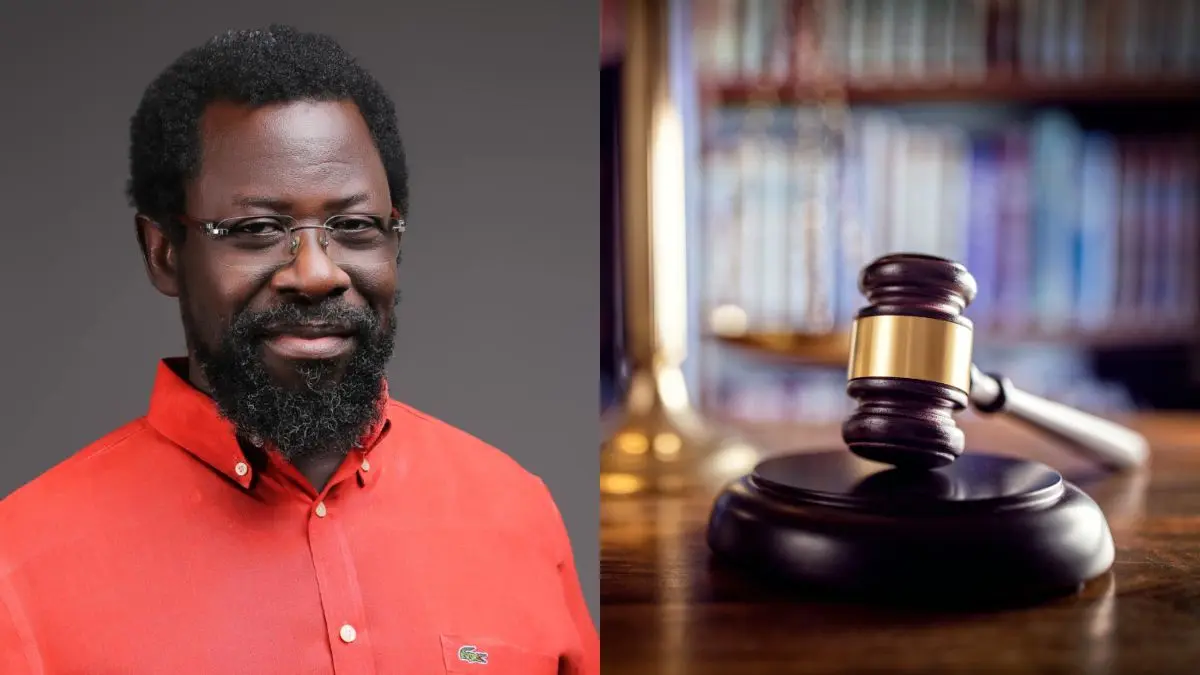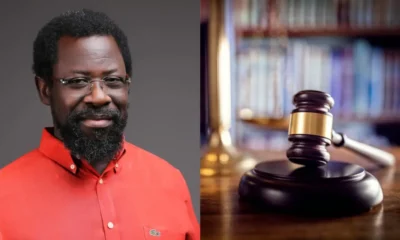NEWS
Nigeria Oil Production Increases To 2.1mbpd.
-

 MUSIC7 days ago
MUSIC7 days agoCKay Tops The List Of RIAA Best-Selling Nigerian Artists
-

 MOVIES7 days ago
MOVIES7 days agoNetflix Struggles In Nigeria With Only About 300k Subscribers – Comedian AY
-

 ENTERTAINMENT7 days ago
ENTERTAINMENT7 days agoRMD Celebrates Daughter’s Graduation From American University
-

 SPORTS7 days ago
SPORTS7 days agoAfrica’s Best Player Ademola Lookman Credits Atalanta for His Rise to African Football’s Pinnacle
-

 TRAVEL5 days ago
TRAVEL5 days ago5 Cities With The Best Christmas Decorations
-

 HEALTHY LIVING5 days ago
HEALTHY LIVING5 days ago5 Ways To Stay Healthy This Christmas Season
-

 ARTS & CULTURE5 days ago
ARTS & CULTURE5 days agoIjele Masquerade: The “King Of Masquerades” In Igbo Land
-

 MUSIC6 days ago
MUSIC6 days agoAdekunle Gold Reveals The Role Pheelz Played In Getting Him Signed To YBNL





































